Ankara, who is now shifting away from the USA and towards the regional powers, is expected to begin negotiations with Damascus.
Of course right now a low level exterior politics is underway with Syria. At this situation, intelligence agencies cannot just say “We execute whatever our leader orders.”. Many times leaders are off the grid, then what will they do? They use and evaluate their own intelligence agency to maintain relations.
President of the Republic of Turkey Recep Tayyip Erdogan, 3rd February 2019
Since the Syrian crisis broke out in 2011, Turkish-Syrian relations have been cut-off due to Ankara’s anti-Assad campaign. However, last week, President Erdogan announced the reestablishment of communications, if only for now through intelligence agencies.
Erdogan’s announcement was not a surprise for those who are closely following regional developments. Dampening relations between the US and Turkey are Erdogan’s biggest motivation for realigning his position on Syria.
ASTANA EFFECT
On July 15th 2016, militants tied to the Gulen terrorist organization who had infiltrated the Turkish Armed Forces attempted a coup.
President Erdogan, alongside other ministers and parliamentarians, directly or indirectly have accused the US of being behind the move.
Washington’s refusal to extradite Fethullah Gulen to Turkey brought already sour relations between the countries to a full stop.
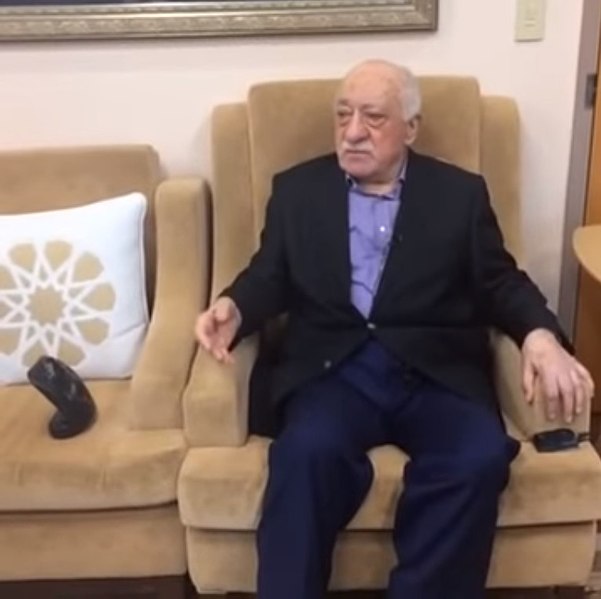
Just one month after the coup attempt, the Turkish Army launched Operation Euphrates Shield against the Washington backed PKK/PYD/YPG terrorist groups located in northern Syria, despite the US’ warnings.
Throughout 2017, Turkey’s break away from the US only accelerated.
Leadership from Ankara, Moscow and Tehran met in Astana to find a mutual solution to Syrian Crisis. The political and military mechanisms established at the Astana Summit were the regional answer to the Geneva meetings organized by the US.
Another notable element of the Astana meetings is that the Syrian government came to the negotiating table.
Through this common initiative with Turkey, Iran and Russia, and with indirect acceptance of the Syrian government, the Turkish Army has intensified its operations against terrorist organizations in northern Syria.
Today, stability has been established throughout the country with the exception of the territories that are held by the US backed PKK/PYD/YPG elements. These terrorist groups are committed enemies of both Ankara and Damascus.
It is probable that Ankara, in shifting away from the US, could align with Damascus against their common foes.
But what common ground could the two find after 7-years without diplomatic relations?
PUTIN’S SUGGESTION: ADANA MEMORANDUM
Last month, Erdogan and Putin held a meeting in Moscow about the Syrian Crisis.
Erdogan’s agenda was to set up a safe zone in northern Syria controlled by Turkish Army.
Putin brought up Adana Memorandum which was signed in 1998 by Syria and Turkey to facilitate joint counter-terrorism efforts as the potential basis for common ground between Ankara and Damascus.
Turkey has justified its operations in northern Syria with Article 51 of the UN Charter and related customary international law which grants a nation the right to self-defense in the event of an armed attack.
It is expected that Turkey cutting relations with Washington and conducting operations east of the Euphrates River will cause the US and other western countries to try to put pressure on Turkey using international law.

That is exactly where Putin’s 1998 Adana Memorandum suggestion comes in.
This suggestion has two aims:
- Encouraging Turkey to make diplomatic connections with Syria
- Preventing Western and Arabic countries from seeing Turkey as an invader by justifying the Turkish controlled safezones, showing that they were accepted by Syria and the other relevant parties.
The former Chief Executive of the Chief of Staff Intelligence Department Ismail Hakki Pekin believes that Putin’s suggestion could satisfy both Turkey and Syria’s demands. Syrian Intelligence’s international relations bureau concluded that Turkey should send a delegation to discuss the Adana Memorandum.
Former Syrian ambassador to Ankara Nidal Kabalan has approved Putin’s suggestion saying “Bringing the agenda of Adana Memorandum is very important. This could explain Erdogan’s low level relations with Syria.”
Turkey is finding inroads toward meaningful collaboration with regional powers. Ankara has already made important connections with Tehran and Moscow, and is now improving relations with Damascus. As these relationships develop, the US’ military and political influence will decrease.







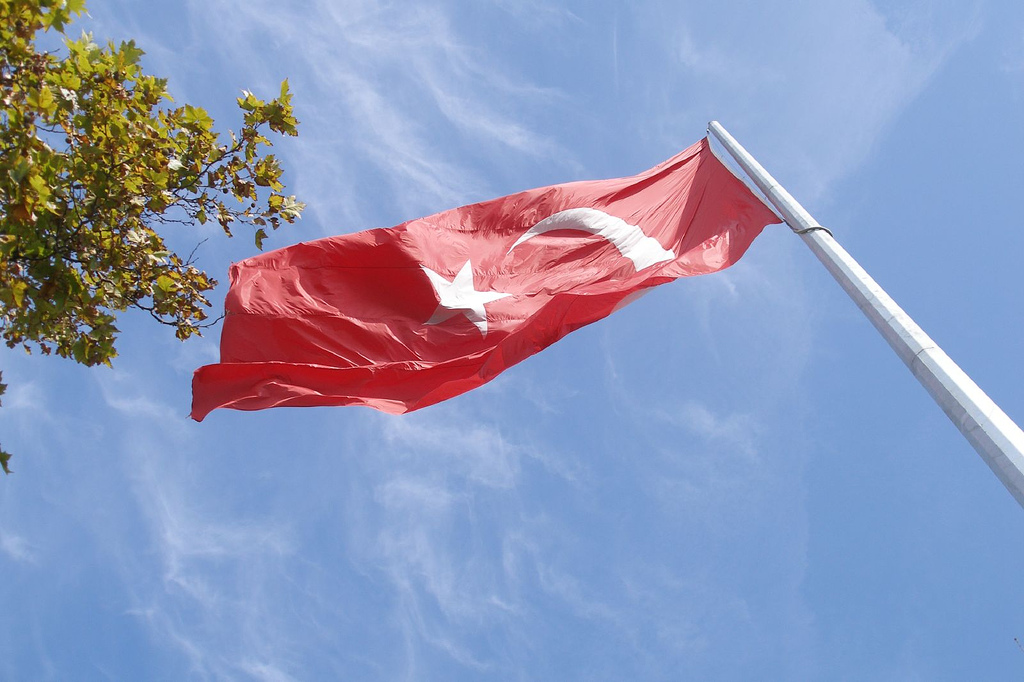
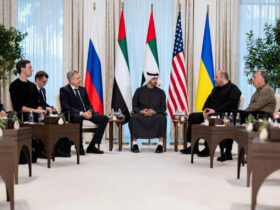
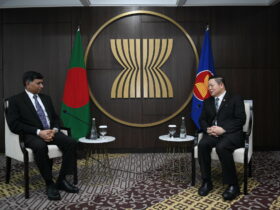

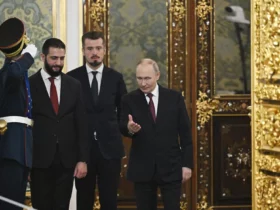
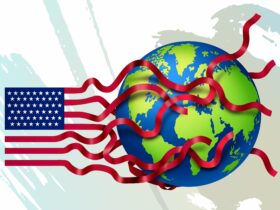
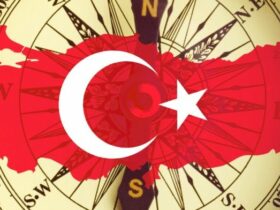

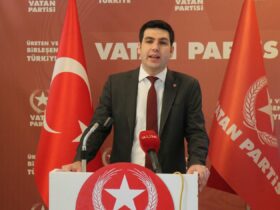

Leave a Reply